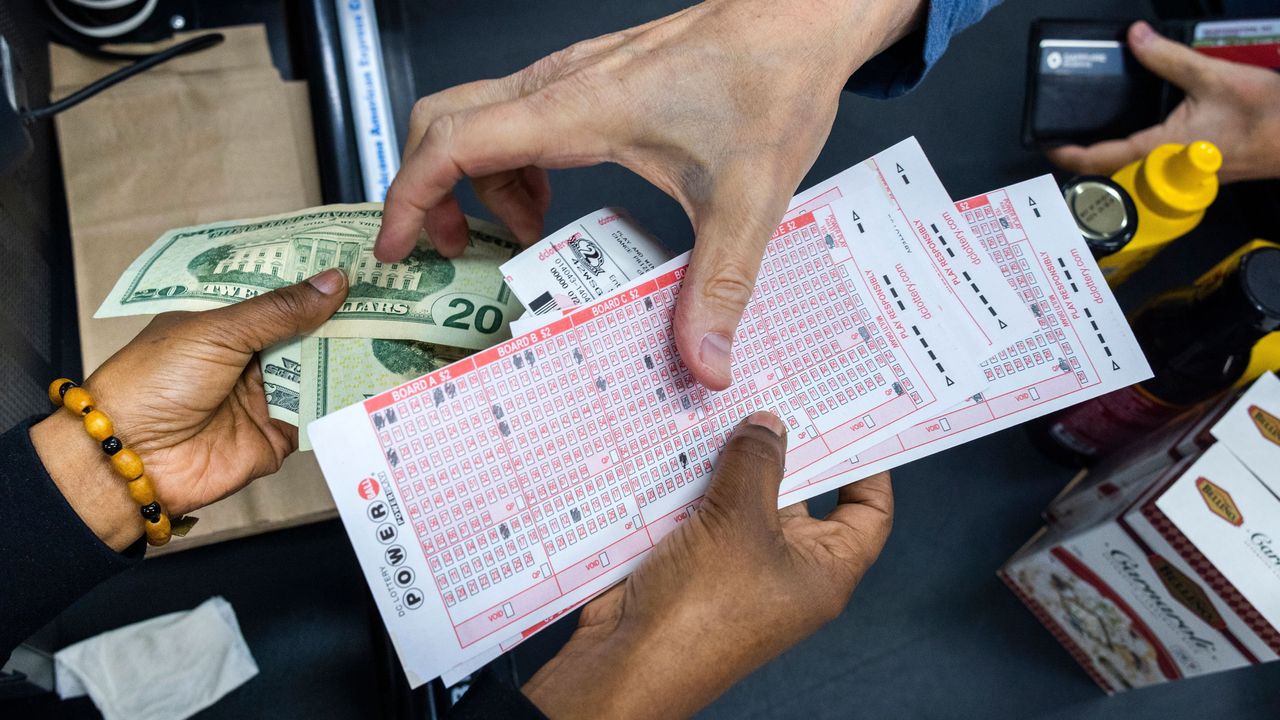Lottery gambling has a unique place in the world of chance and fortune. It sits at the intersection of hope and probability, offering participants a tantalizing glimpse at life-changing wealth in exchange for a small investment. Despite its simplicity — just a ticket and a dream — the koitoto resmi has a profound impact on individuals and society as a whole.
The Basics of Lottery Gambling
At its core, lottery gambling involves purchasing a ticket in hopes of winning a prize. The allure lies in the massive jackpots often advertised, promising to transform the winner’s life in an instant. This simplicity, combined with the vast potential payoff, draws millions of participants worldwide.
Lotteries come in various forms: from national and state-run games to local draws and online platforms. Each offers different odds, prize structures, and regulations, but the basic principle remains constant. Players choose a set of numbers, often based on birthdays, lucky numbers, or random selection, and await the draw with bated breath.
The Psychology of Hope and Probability
Lottery gambling taps into deep-seated psychological mechanisms. It offers a unique blend of hope, optimism, and statistical improbability. Psychologically, the allure of winning big can be more powerful than the rational assessment of the odds.
Researchers have studied the psychological effects of lottery gambling extensively. The “near-miss” phenomenon, where players narrowly miss winning the jackpot, can lead to increased play and a sense of almost winning. This phenomenon keeps players engaged, even when rationality suggests the odds are slim.
Societal Impact and Criticisms
Lotteries are often promoted as a form of entertainment that also benefits society through contributions to public education, infrastructure, and other public goods. Critics, however, argue that lotteries disproportionately target low-income individuals, who spend a higher percentage of their income on tickets, often in pursuit of an elusive dream.
The societal impact of lottery gambling is complex. On one hand, it funds essential public services, but on the other, it can exacerbate financial hardships for vulnerable populations. Governments face the challenge of balancing these benefits and risks.
Responsible Gambling Practices
To mitigate these risks, responsible gambling practices are increasingly emphasized. These include setting spending limits, treating lottery gambling as entertainment rather than investment, and seeking help if gambling becomes problematic.
Education about odds and the realities of winning is also crucial. Many players underestimate the true probability of winning a jackpot, leading to unrealistic expectations and disappointment.
Conclusion: Balancing Hope and Reality
Lottery gambling is a testament to humanity’s eternal hope for a better future. It embodies our fascination with luck and our desire to change our circumstances. Yet, it is also a stark reminder of the importance of understanding probability and making informed choices.
As lottery gambling continues to evolve in a digital age, with online platforms and global jackpots, its impact on society will undoubtedly evolve as well. By promoting responsible gambling and understanding its psychological underpinnings, we can better navigate the complexities of this unique form of entertainment.
